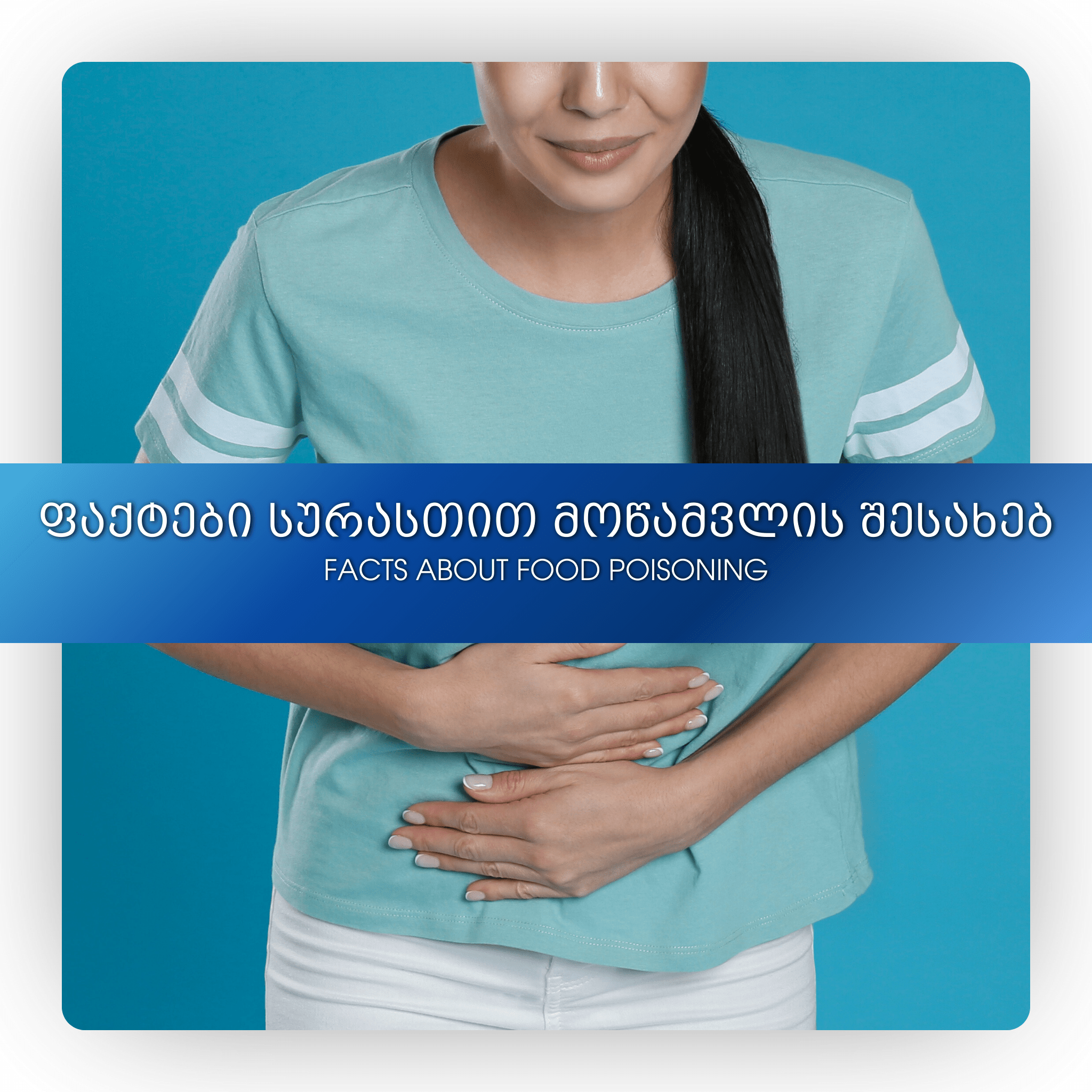Facts about Food Poisoning
Facts about food poisoning
What You Need to Know
◾️ Symptoms of food poisoning often include diarrhea, vomiting, upset stomach, or nausea.
◾️ Every year, an estimated 1 in 6 Americans (or 48 million people) get sick, 128,000 are hospitalized, and 3,000 die from foodborne diseases.
4 Steps to Prevent Food Poisoning
Clean
◾️ Wash your hands and work surfaces before, during, and after preparing food. Germs can survive in many places around your kitchen, including your hands, utensils, cutting boards, and countertops.
Separate
◾️ Separate raw meat, poultry, seafood, and eggs from ready-to-eat foods. Use separate cutting boards and keep raw meat away from other foods in your shopping cart and refrigerator.
Cook
◾️ Cook food to the right internal temperature to kill harmful bacteria. Use a food thermometer.
Chill
◾️ Keep your refrigerator 4°C or below. Refrigerate leftovers within 2 hours of cooking (or within 1 hour if food is exposed to a temperature above 32°C).
Some People Are at Higher Risk
Anyone can get food poisoning, but some groups of people are more likely to get sick and have a more serious illness. Their ability to fight germs and sickness may not be as effective. These groups include:
◾️ Adults aged 65 and older
◾️ Children younger than age 5
◾️ People whose immune systems are weakened by health conditions or medicine used to treat them, including people with diabetes, liver or kidney disease, HIV/AIDS, or cancer
◾️ Pregnant people
People who are more likely to get food poisoning should not eat:
◾️ Undercooked or raw food from animals (such as beef, pork, chicken, turkey, eggs, or seafood)
◾️ Raw or lightly cooked sprouts
◾️ Unpasteurized (raw) milk and juices
◾️ Soft cheese (such as queso fresco), unless it is labeled as made with pasteurized milk
5 Symptoms of Severe Food Poisoning
Symptoms of food poisoning often include diarrhea, vomiting, upset stomach, or nausea.
Call your healthcare provider if you have severe symptoms such as:
◾️ Diarrhea and a fever higher than 38.8°C
◾️ Diarrhea for more than three days that is not improving
◾️ Bloody diarrhea
◾️ So much vomiting that you cannot keep liquids down, which can lead to dehydration
◾️ Dehydration, which causes symptoms such as dry mouth and throat, feeling dizzy when standing up, and not urinating (peeing) much
Source: CDC (Centers for Disease Control and Prevention)
